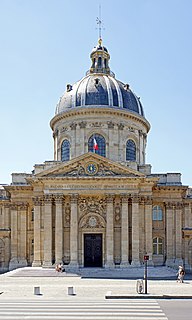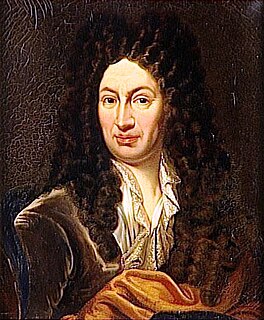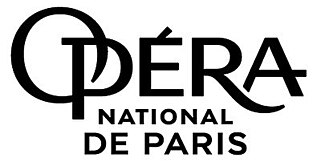 W
WThe Institut de France is a French learned society, grouping five académies, including the Académie Française. It was established in 1795 at the direction of the National Convention. Located on the Quai de Conti in the 6th arrondissement of Paris, the Institute manages approximately 1,000 foundations, as well as museums and châteaux open for visit. It also awards prizes and subsidies, which amounted to a total of over €27 million per year in 2017. Most of these prizes are awarded by the Institute on the recommendation of the académies.
 W
WThe Académie des Beaux-Arts is a French learned society. It is one of the five academies of the Institut de France. The current President of the Academy (2021) is Alain-Charles Perrot, a French architect.
 W
WThe Académie des Sciences Morales et Politiques is a French learned society. It is one of the five academies of the Institut de France.
 W
WThe Académie Française, also known as the French Academy, is the principal French council for matters pertaining to the French language. The Académie was officially established in 1635 by Cardinal Richelieu, the chief minister to King Louis XIII. Suppressed in 1793 during the French Revolution, it was restored as a division of the Institut de France in 1803 by Napoleon Bonaparte. It is the oldest of the five académies of the institute.
 W
WThe Académie Royale d'Architecture was a French learned society founded in 1671. It had a leading role in influencing architectural theory and education, not only in France, but throughout Europe and the Americas from the late 17th century to the mid-20th.
 W
WThe Château de Castries is a château in Castries, Hérault, France.
 W
WThe Académie des Inscriptions et Belles-Lettres is a French learned society devoted to the humanities, founded in February 1663 as one of the five academies of the Institut de France.
 W
WThe Villa Paradiso is a large villa in Nice, France built at the start of the 20th century by the architect Constantin Scala. During World War II (1939–45) it was used by the Académie française for its Prix de Rome scholars. The villa continues to be used for cultural purposes.
 W
WThe Paris Opera is the primary opera and ballet company of France. It was founded in 1669 by Louis XIV as the Académie d'Opéra, and shortly thereafter was placed under the leadership of Jean-Baptiste Lully and officially renamed the Académie Royale de Musique, but continued to be known more simply as the Opéra. Classical ballet as it is known today arose within the Paris Opera as the Paris Opera Ballet and has remained an integral and important part of the company. Currently called the Opéra national de Paris, it mainly produces operas at its modern 2,723-seat theatre Opéra Bastille which opened in 1989, and ballets and some classical operas at the older 1,979-seat Palais Garnier which opened in 1875. Small scale and contemporary works are also staged in the 500-seat Amphitheatre under the Opéra Bastille.
 W
WThe French Academy of Sciences is a learned society, founded in 1666 by Louis XIV at the suggestion of Jean-Baptiste Colbert, to encourage and protect the spirit of French scientific research. It was at the forefront of scientific developments in Europe in the 17th and 18th centuries, and is one of the earliest Academies of Sciences.
 W
WCharles Raoul Verlet was a French sculptor and art professor.